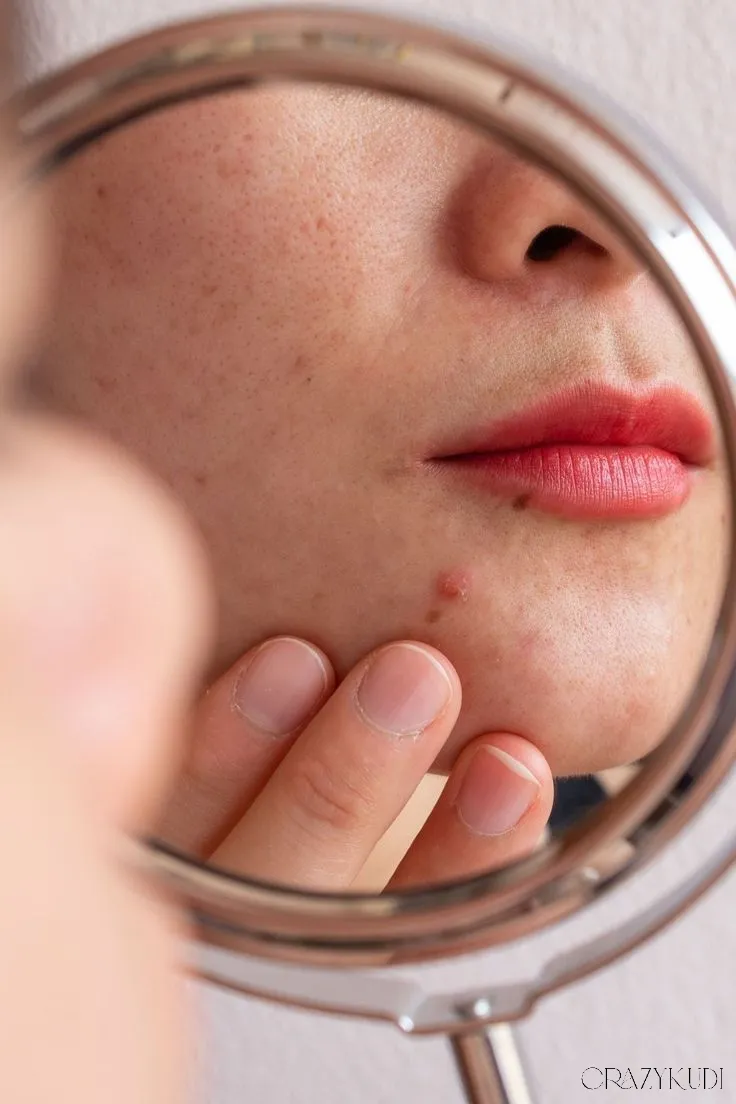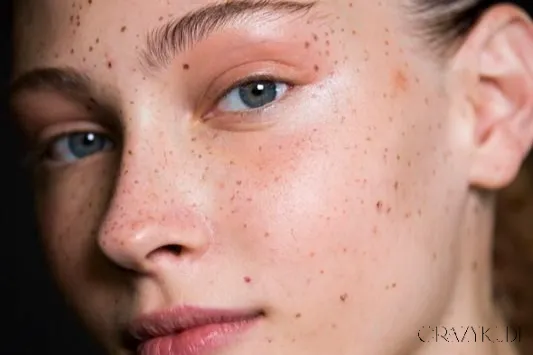If you’ve ever dealt with painful, deep pimples that seem to appear out of nowhere and linger for weeks, you might be familiar with nodular acne. This severe form of acne affects many people, often causing inflammation, scarring, and discomfort. Understanding what nodular acne is, its causes, and the most effective treatments can help you manage it more effectively and work toward clearer skin.
What Is Nodular Acne?
Nodular acne is a form of cystic acne that presents as large, hard, and painful lumps under the skin. These nodules are usually red, inflamed, and can feel sore to the touch. Unlike other types of acne, such as blackheads or whiteheads, nodular acne involves the deeper layers of the skin and often takes much longer to heal. These deep, firm lumps may not always have a visible head like typical pimples, making them more difficult to treat.
Nodular acne typically appears on the face, back, shoulders, chest, and neck, and can leave behind scarring or hyperpigmentation if not treated properly. The painful nature of this acne can significantly impact one’s self-esteem and quality of life, making effective treatment crucial.
What Causes Nodular Acne?
The exact cause of nodular acne is not entirely understood, but several factors can contribute to its development:
- Excess Oil Production: The overproduction of sebum (skin oil) can clog pores, creating an ideal environment for bacteria to thrive, leading to acne.
- Hormonal Changes: Fluctuations in hormones, particularly during puberty, menstruation, or pregnancy, can trigger acne, including nodular acne. Androgens, hormones that increase the size of sebaceous glands, are often to blame.
- Bacterial Growth: The presence of Cutibacterium acnes, a bacterium that naturally lives on the skin, can contribute to the inflammation seen in nodular acne when it grows excessively in clogged pores.
- Genetics: If your parents had acne, you may be more likely to develop it yourself. Genetic predisposition plays a significant role in the severity of acne, including nodular acne.
- Stress: Stress can lead to the release of hormones like cortisol, which may increase oil production and worsen acne.
- Diet: While research is still ongoing, some studies suggest that high-glycemic foods (like sugary snacks) and dairy may exacerbate acne in certain individuals.
How Is Nodular Acne Treated?
Treating nodular acne requires a comprehensive approach that combines topical, oral, and sometimes procedural treatments. Because nodular acne involves deep inflammation, it’s essential to use treatments that target both the surface of the skin and the deeper layers. Here are some of the most effective treatments for managing nodular acne:
1. Topical Retinoids (Retinol, Tretinoin, Adapalene)
Topical retinoids are some of the most effective treatments for acne. They promote skin cell turnover, prevent clogged pores, and reduce inflammation. Retinoids like tretinoin and adapalene help treat acne at the root, addressing the factors that contribute to clogged pores and bacterial growth.
- Adapalene (Differin) is available over the counter and is often recommended for mild to moderate acne. Tretinoin (Retin-A) is stronger and requires a prescription, making it ideal for more severe cases of nodular acne.
How it works: Retinoids stimulate collagen production and speed up the shedding of dead skin cells, which can help reduce the size and appearance of nodules over time.
2. Benzoyl Peroxide
Benzoyl peroxide is an antimicrobial treatment that helps kill acne-causing bacteria. It is often used in combination with retinoids to reduce the bacteria that contribute to acne and to reduce inflammation in existing nodules.
- 10% Benzoyl Peroxide (found in products like PanOxyl Acne Foaming Wash) is an effective treatment for severe acne, including nodular acne.
How it works: By targeting the bacteria responsible for acne, benzoyl peroxide reduces the chance of developing new nodules and accelerates the healing of existing ones.
Also read: 10 Pain Relief Tips for Nodular Acne
3. Oral Antibiotics
For more severe cases of nodular acne, oral antibiotics like doxycycline and minocycline can be prescribed to reduce inflammation and fight acne-causing bacteria. These medications help to manage the bacterial component of acne, which is particularly important for people dealing with deep, inflamed nodules.
- These antibiotics are often prescribed for short-term use and are typically used in combination with topical treatments to improve outcomes.
How it works: Oral antibiotics reduce the bacterial load in the skin, which helps to calm inflammation and reduce the size and tenderness of the nodules.

4. Isotretinoin (Accutane)
Isotretinoin (commonly known as Accutane) is a potent oral medication that is prescribed for severe and persistent acne that hasn’t responded to other treatments. Isotretinoin reduces oil production, prevents clogged pores, and helps to heal active acne lesions.
- Isotretinoin is typically used for a few months and can produce long-lasting results. However, it requires close monitoring by a dermatologist because of potential side effects, such as dryness, liver damage, and the risk of birth defects if taken during pregnancy.
How it works: Isotretinoin reduces the size and activity of sebaceous glands, which decreases oil production and prevents new acne from forming.
5. Cortisone Injections
For painful, inflamed nodules that are slow to heal, cortisone injections can provide rapid relief. A small amount of steroid medication is injected directly into the nodule, reducing inflammation and helping it flatten out quickly.
- Cortisone injections are ideal for large, painful cysts or nodules that are resistant to other treatments and can provide relief in as little as 24–48 hours.
How it works: The steroid reduces the swelling and speeds up the healing process of the nodule, often preventing further scarring.
Also read: Treatments for Nodular Acne: What Are My Options?
6. Professional Procedures (Laser Treatments, Chemical Peels)
If you have significant scarring from nodular acne or if your acne is resistant to other treatments, laser therapies and chemical peels may help. These professional treatments target the deeper layers of the skin, promoting collagen production and improving skin texture.
- Fractional CO2 lasers and pulsed-dye lasers are commonly used to treat both active acne and scars.
- Chemical peels can exfoliate the skin and help to clear clogged pores while reducing acne inflammation.
How it works: Laser treatments and chemical peels improve skin texture, reduce scarring, and help reduce the appearance of acne over time.
Final Thoughts
Treating nodular acne effectively requires patience and persistence. With the right combination of treatments, such as topical retinoids, oral antibiotics, and professional therapies, it’s possible to reduce inflammation, heal existing acne, and prevent future breakouts.
If you’re struggling with nodular acne, it’s essential to consult with a dermatologist who can help determine the most appropriate treatment for your specific needs. By taking a proactive and comprehensive approach, you can effectively manage nodular acne and achieve clearer, healthier skin.

